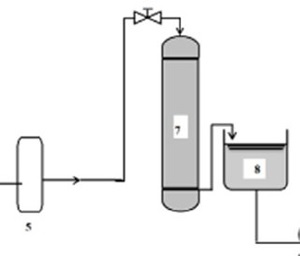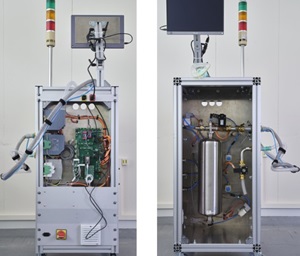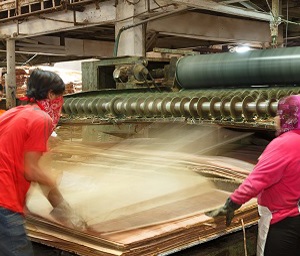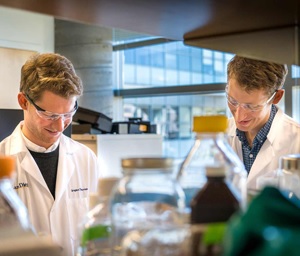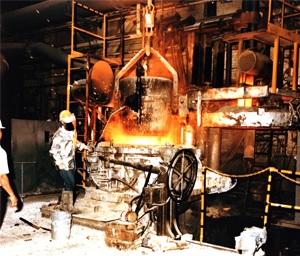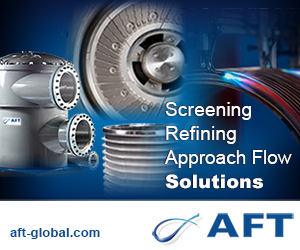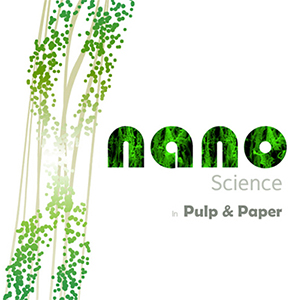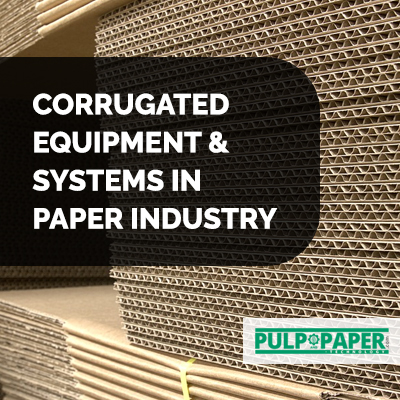Innovative Technologies for Chemical Recovery in the Pulp and Paper Sector
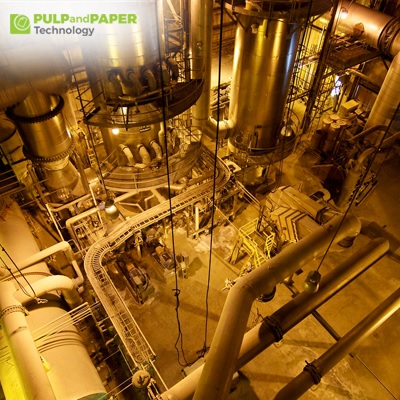
The pulp and paper industry has long been recognized for its significant environmental footprint, particularly concerning the use of chemicals and energy. With advancements in chemical process engineering and a growing emphasis on environmental protection, innovative technologies like ultrafiltration membranes, ultrafiltration filter systems, and nanofiltration filter technologies are being developed to enhance chemical recovery processes. These advancements not only improve efficiency but also reduce waste and environmental impact. For instance, ultrafiltration membranes and nanofiltration filter systems play a critical role in separating and recovering valuable chemicals.
Furthermore, the integration of heat recovery ventilator systems, alongside improvements in Chemical Recovery Furnace design and recovery boiler technology, significantly boosts energy efficiency. Coupled with Quantitative Chemical Analysis for precise monitoring, these technologies represent the cutting edge of chemical recovery, driving the future of the pulp and paper sector towards greater sustainability and environmental protection.
Ultrafiltration Membranes and Filters
Ultrafiltration membranes have become a cornerstone in modern chemical recovery processes. These ultrafiltration membranes are used to separate fine particles and dissolved substances from water, facilitating the reuse of chemicals and reducing waste. The ultrafiltration filter technology operates under low pressure, making it energy-efficient and cost-effective. By integrating ultrafiltration membranes and ultrafiltration filter systems into the recovery process, pulp and paper mills can significantly reduce their chemical consumption and enhance overall process sustainability. When combined with nanofiltration filter technology and advanced chemical process engineering, these ultrafiltration membranes support efforts in environmental protection.
| Also Read: Advancements in Pulping Processes: Chemical, Mechanical, and Hybrid Methods |
Additionally, incorporating heat recovery ventilator systems and utilizing precise Quantitative Chemical Analysis further optimizes the recovery process. Alongside improvements in the Chemical Recovery Furnace and recovery boiler technology, these advancements underscore the importance of ultrafiltration membranes in the industry.
Nanofiltration Filters
Complementing the role of ultrafiltration membranes are nanofiltration filters. These nanofiltration filters are designed to remove specific contaminants from water, including multivalent ions and organic molecules. The nanofiltration filter technology is particularly effective in recovering valuable chemicals that can be reused in the pulping process. By employing nanofiltration filters, mills can achieve higher purity levels in recovered chemicals, leading to better product quality and reduced environmental impact. The synergy between ultrafiltration membranes and nanofiltration filter systems, along with advanced chemical process engineering and precise Quantitative Chemical Analysis, enhances the efficiency of chemical recovery. Additionally, integrating heat recovery ventilator systems and utilizing innovative Chemical Recovery Furnace designs and recovery boiler technology further supports environmental protection and sustainability goals.
Heat Recovery Ventilators
Energy efficiency is another critical aspect of chemical recovery in the pulp and paper industry. Heat recovery ventilators play a vital role in this regard by capturing waste heat from various processes and reusing it within the system. This heat recovery ventilator technology reduces the need for additional energy input, thus lowering operational costs and minimizing the carbon footprint. By integrating heat recovery ventilator systems, mills can optimize their thermal energy use and improve overall process efficiency.
When combined with ultrafiltration membranes, ultrafiltration filter, and nanofiltration filter technologies, as well as advanced chemical process engineering and precise Quantitative Chemical Analysis, the benefits are even greater. Additionally, utilizing heat recovery ventilator systems alongside innovative Chemical Recovery Furnace designs and recovery boiler technology supports environmental protection and enhances overall sustainability in the industry.
Chemical Process Engineering
Advancements in chemical process engineering have paved the way for more efficient and sustainable chemical recovery methods. This field focuses on designing and optimizing chemical processes to enhance yield and reduce waste. By applying principles of chemical process engineering, pulp and paper mills can develop more effective recovery systems that utilize resources more efficiently and adhere to stricter environmental protection regulations. Integrating technologies such as ultrafiltration membranes, ultrafiltration filter systems, and nanofiltration filter solutions, alongside heat recovery ventilator systems, further optimizes the recovery process.
Additionally, employing Quantitative Chemical Analysis allows for precise monitoring and control, enhancing the effectiveness of chemical process engineering. Innovations in Chemical Recovery Furnace design and recovery boiler technology also contribute to improved efficiency and sustainability, aligning with the goals of chemical process engineering and environmental protection.
Quantitative Chemical Analysis
Quantitative Chemical Analysis plays a pivotal role in monitoring and optimizing chemical recovery processes. This analytical technique, essential for chemical process engineering and Environmental Protection, aids in determining the concentration of various chemicals in the recovery stream. By employing Quantitative Chemical Analysis alongside ultrafiltration membranes and ultrafiltration filter systems, mills ensure precise control and optimization. Additionally, integrating nanofiltration filter technology and heat recovery ventilator systems further enhances efficiency. Innovations in Chemical Recovery Furnace design and recovery boiler technology are also crucial, aligning with goals of Environmental Protection and sustainability. Overall, the strategic use of Quantitative Chemical Analysis supports mills in achieving peak operational efficiency and reducing their environmental impact.
Environmental Protection
Environmental Protection is a driving force behind the adoption of innovative technologies in chemical process engineering and Chemical Recovery Furnace design. The pulp and paper industry is under increasing pressure to minimize its environmental footprint, and advanced recovery technologies such as ultrafiltration membranes, ultrafiltration filter systems, and nanofiltration filter solutions are central to this effort. By focusing on Environmental Protection and integrating heat recovery ventilator systems alongside precise Quantitative Chemical Analysis, mills can implement processes that reduce waste, lower emissions, and conserve natural resources. These efforts contribute to a more sustainable industry, aligning with the goals of Environmental Protection and promoting environmental stewardship in the pulp and paper sector.
Chemical Recovery Furnace and Recovery Boiler Technology
The Chemical Recovery Furnace is a crucial component in the Chemical Recovery Furnace design. It converts black liquor, a byproduct of the pulping process, into reusable chemicals and energy. Modern Chemical Recovery Furnace designs incorporate advanced materials and technologies such as ultrafiltration membranes, ultrafiltration filter systems, and nanofiltration filter solutions to improve efficiency and reduce emissions. Similarly, recovery boiler technology has seen significant advancements, with new designs offering higher efficiency and lower environmental impact. By upgrading to state-of-the-art recovery boiler technology, mills can enhance their Chemical Recovery Furnace processes and achieve greater sustainability while focusing on Environmental Protection.
Conclusion:
The pulp and paper industry is undergoing a transformation driven by the need for greater efficiency and Environmental Protection. Innovative technologies such as ultrafiltration membranes, ultrafiltration filters, nanofiltration filters, and heat recovery ventilators are at the forefront of this change. Advances in chemical process engineering and Quantitative Chemical Analysis further support the optimization of chemical recovery processes. Additionally, improvements in Chemical Recovery Furnace and recovery boiler technology are enabling mills to recover more chemicals and energy while reducing their environmental impact. By embracing these technologies, the pulp and paper sector can move towards a more sustainable and efficient future.



